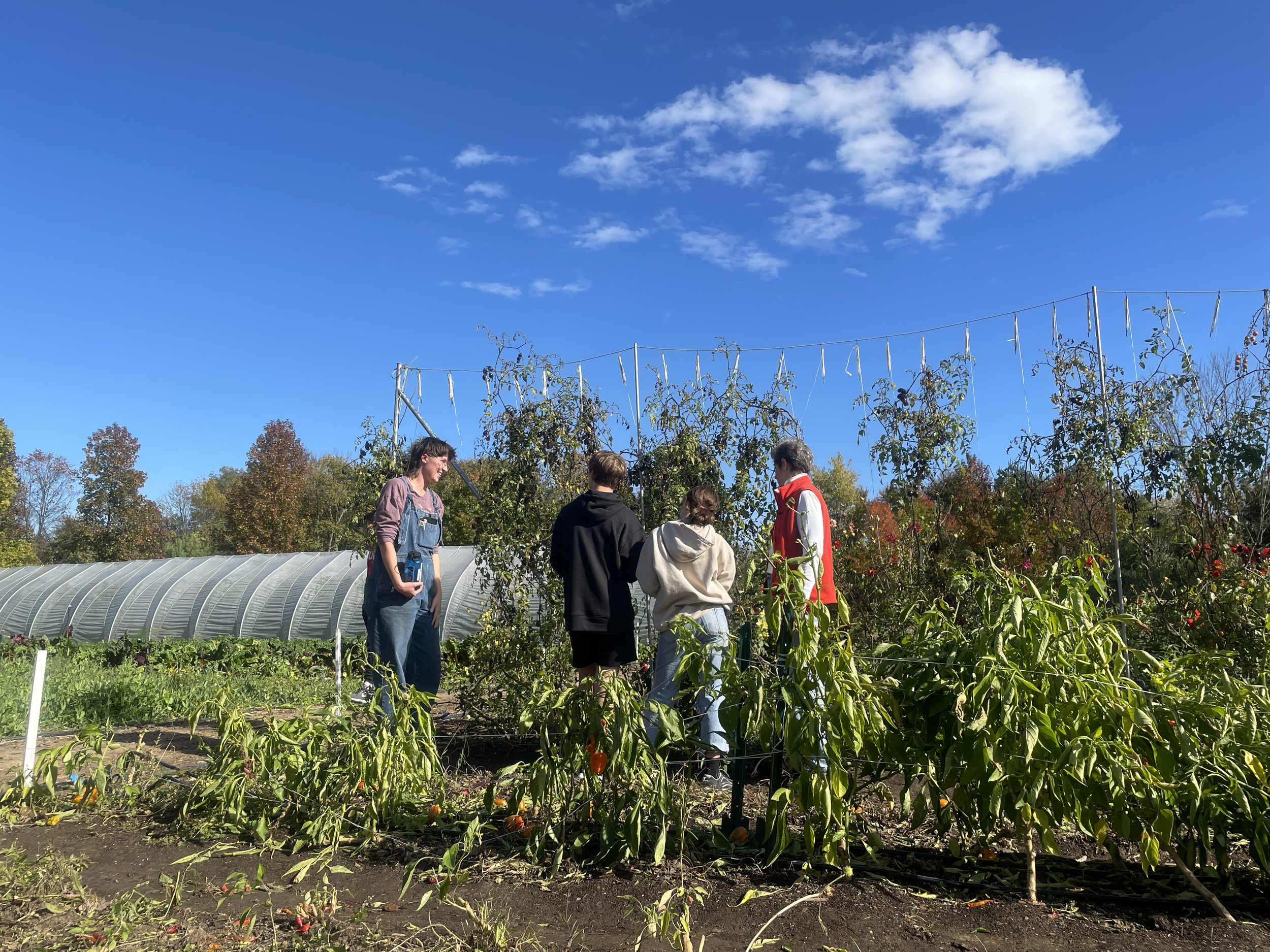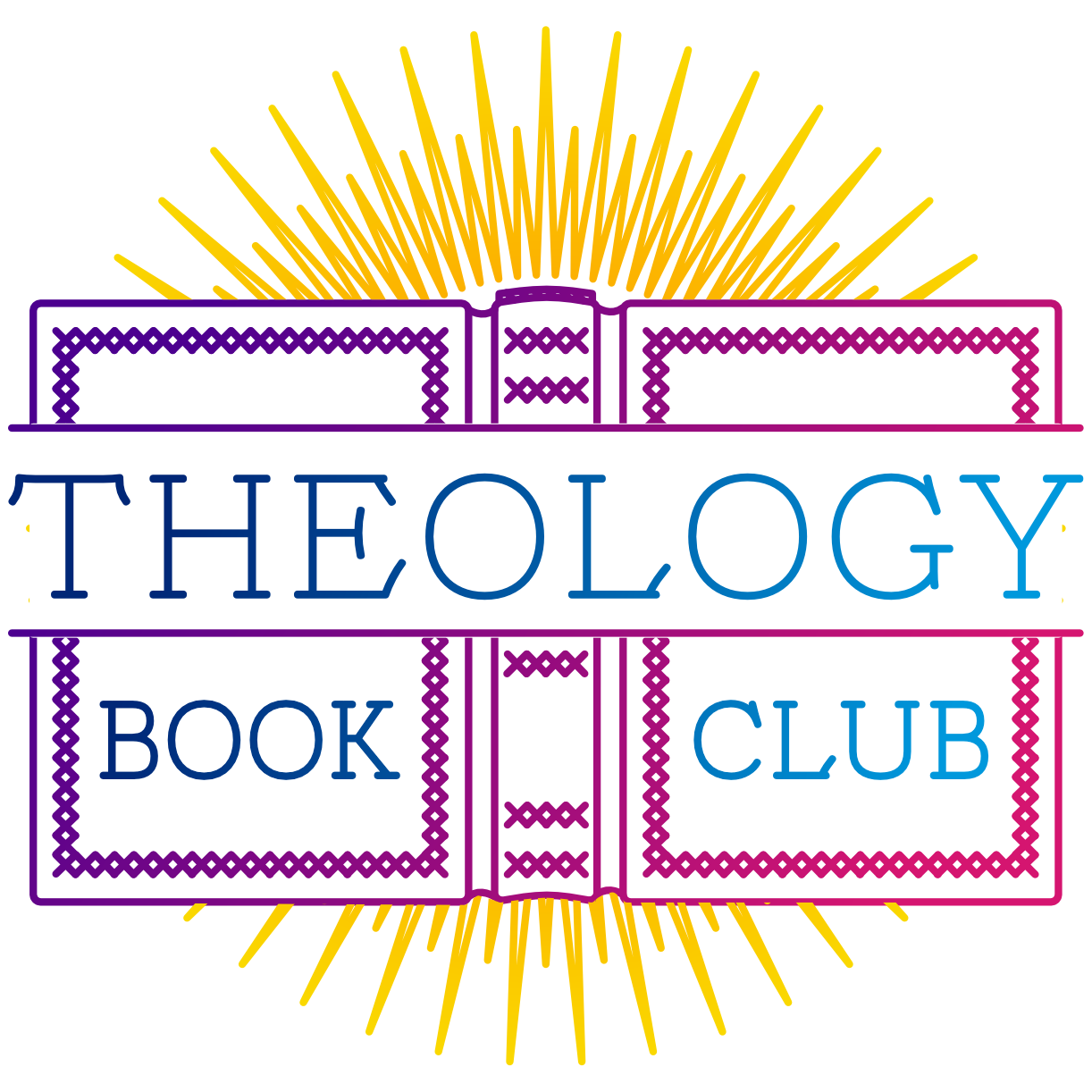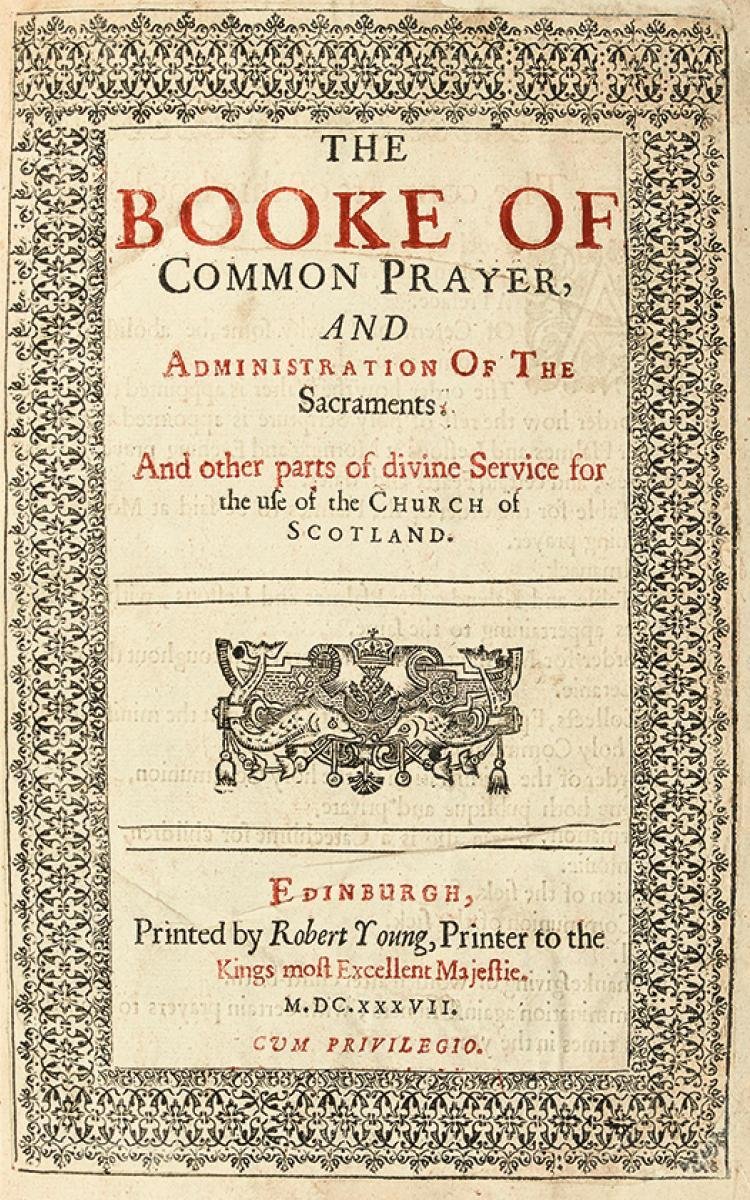Experience Early Modern Anglicanism
On Sunday at 5pm, we will hold a service of Evening Prayer with Communion from the 1662 Prayer Book, and at the 9:30am forum, we’ll have an opportunity to learn more about Anglican liturgy of the 16th and 17th centuries. Introduced soon after the restoration of the monarchy, the 1662 Book of Common Prayer is a light revision of its predecessor, the 1559 book. In its own time, it was seen as a compromise between catholic and Reformed practice in the Church of England. To our eyes, however, it seems deeply Protestant. Many aspects of our current liturgical practice are absent: colors in hangings and vestments, candles on the altar, and most of the ritual gestures that you would see in an Episcopal service today.
The 1662 service reflects the influence of the Reformers, as it is deeply grounded in the reading of Scripture. Most of the music is based on the Psalms, the original songs of praise that were so important in the Reformation. The communion service is celebrated from the “north end” of the altar to avoid any implication that the Eucharist repeats the sacrifice of Jesus offered once for all on the Cross, or that the priest is a mediator between the people and God. Because Communion was a more infrequent service, it would be added on to the end of Morning or Evening Prayer which were the regularly scheduled services of the Church.
While the format of the 5pm service may feel different, many of the prayers can be found in almost identical wording in Rite I of our current Prayer Book. Through the Prayer Book tradition, we are connected with our ancestors in the faith, and we hope that connection will enliven your faith today. Come and see!
Our Director of Communication, Adam Bond, in addition to serving as clerk for the 5pm service will be displaying before and after both the 9:30am forum and 5pm service folio editions from his personal collection of the Book of Common Prayer printed in 1662 (rebound in the 1850s) and the first complete print edition of Richard Hooker’s “Of the Lawes of Ecclesiasticall Politie” printed in 1723 in its original binding.
Youth Group at Farminary
The weather was picturesque on Sunday afternoon, October 16. It was one of those glorious fall days when everything sparkles in the slanting golden light. That was the day Trinity’s Youth Group took a field trip to the Farminary. What is the Farminary, you ask? Well, it’s the name of Princeton Theological Seminary’s farm, where students can combine theological learning and reflection with a sense of place and ecological education.
The best way to get a full sense of the Farminairy is to visit their website.
When the fourteen of us arrived, Brendan and Jack, our hosts for the afternoon, met us by the barn. They are both PTS students who work at the Farminary. After a round of introductions, Jack invited us to look around and notice —notice the sounds, the smells, the light, the breeze, the pond surrounded by cattails, birds circling overhead, colorful flowers, green grass — and the quiet. In moments we changed from feeling a bit awkward in this unfamiliar place to feeling curious about what was just beyond the wild apple tree we were sitting under.
Brendan led us to the garden. On the way, we passed by a long mound of compost, made of woodchips, food scraps, and leaves. He dug down into it so we could see and feel how the decomposition of this organic heap got steaming hot. We could smell its aroma of really good, rich dirt.
Venturing into the garden, we snacked on emerald green arugula fresh from a bed of four week old greens, plucked velvety green beans off vines climbing up poles, chomped on radishes and turnips freshly pulled out of the dirt, and delighted in the sweetness of purple and gold kumquat tomatoes, and the bitterness of red chard. The abundance of crops and the plenty of nature made us wonder why anyone goes hungry in the United States.
If only we would provide, share, and distribute fairly. Our young people recognize this is a problem they will one day have the power to solve.
We made our way through the trees into an open field, home to the chicken coop.
Fun fact: If you ever go to Jammin’ Crepes on Nassau Street, you might have Farminary eggs in your crepe! Brendan introduced us to the flock, as he expertly caught and picked up a chicken. The trick, he said, is to walk up behind the bird and hold its wings to its sides as you lift. Suddenly twelve teenagers stepped over the fence, into the chicken coop enclosure, to give it a try! The chickens had mixed feelings about our enthusiasm.
Before we knew it, almost two hours had passed!
We walked back to the circle of chairs where we had started. As we snacked on apples, we talked about the creation story in Genesis. The idea that humans were made by God out of dirt inspired our thoughts differently after exploring the farm.
Back under the wild apple tree we wondered about the full quadrant of the garden that was growing what looked like only weeds. Jack explained it was actually cover crop—that part of the garden was already resting for the winter. Even the soil needs rest in winter, and rest from growing certain kinds of crops, to avoid depletion. We reflected for a moment on the sacred need for rest, that God rested on the seventh day, and that we must all rest or we cannot grow.
What stands out for all of us in the Youth Group, when we think back on that lovely October Sunday, was how restful and calm the afternoon had been. Our hosts graciously shared their love of the farm, their joy of growing things, and their stewardship of Creation as a reflection of their devotion to God. With an easy pace and contemplative approach we soaked in what the Farminary had to teach us about God and ourselves as creatures, as individuals, and as a group.
We want to go back and visit again. We’ll let you know — we’d love you to join us!
& Trinity Youth Group
Save the Date: Turkey Trot 2022
A great way to start Thanksgiving Day!
SAVE THE DATE
November 24, 2022
at 8:30am
We are back with an in-person run this year! PLEASE RUN, VOLUNTEER, AND SPONSOR! Our in-person race permit was approved and online registration is now open for Trinity Turkey Trot. As always, we’ll run/walk Thanksgiving morning at 8:30am.
Visit the Turkey Trot website for more information and to sign up for our benefit 5K!
All proceeds benefit Outreach charities:
Arm in Arm (Crisis Ministry), Housing Initiatives of Princeton, Trenton Children’s Chorus and Urban Promise Trenton. We are also looking for race leadership volunteers. Leverage your passion for running, walking and/or project management for a great cause!
Please consider volunteering and remember to bring in canned food to donate to Arm In Arm on race day. There will be an Arm In Arm truck on hand to collect donations to their food pantries in Princeton and Trenton.
If interested in sponsorship opportunities, volunteering, or joining the Turkey Trot team, please contact Maureen Westerman at turkeytrotprinceton@gmail.com.
A Transforming and Transformed Community
In his book The Provocative Church, Bishop Graham Tomlin tells this story about his days as a chaplain at Oxford (emphasis mine):
I once talked with a young student who was considering carefully whether to become a follower of Christ or not. He had looked closely at the reasons for and against and found it hard to decide. There seemed good reason to believe, but then again, there was nothing absolutely conclusive about the arguments. He was stuck, not knowing which way to turn. I suggested to him that he try an experiment. For a few weeks, live as if it's really true. Pray as if God is really listening, read the Bible as if God is trying to speak to you through it, meet with other Christians as if God is really present among them. And live not only as if you are loved by God; live as if everyone you meet each day is as well. He thought this sounded reasonable and not impossible, so he agreed to give it a try. He came back a week later. I could tell immediately that something was different. The worried frown he had worn before was transformed into a definite smile. "I did what you said, and it worked! I started to live as if it was true; now I know it is true." He had begun to experience transformation.
Tomlin goes on to say that one mark of a thriving church is that it's a transforming community. It's a place where people's lives are changed, and where people then go on to transform the wider community around them. Individual growth leads to community growth, both spiritually and numerically. Being generically welcoming isn't really sufficient. As Christians, as the people of Trinity Church, we welcome people to something in particular: a transformed life in Jesus.
As we continue to explore our values of love, compassion, and community, I invite you to "live as if it's really true." Pray, read, and love knowing that wherever you go, God is alive, active, and present in your life. I invite you also to pray for Trinity Church, that we may be a transforming community in Princeton.
Dear Beloved of Trinity
Earlier this week, Thalia and I shared with you, the parishioners of Trinity Church, the summation of the investigation into Tom Whittemore’s charges of sexual abuse from a different parish thirty years ago. This statement was written by the Rt. Rev. Daniel Gutiérrez, Bishop of the Diocese of Pennsylvania.
None of us are ever truly prepared for such a situation. Being followers of Jesus Christ and members of God’s church neither insulates nor protects us from the realities of our broken and sinful world, and when such actions damage the community, we do our best to act with honesty, courage, grace, and faith.
Our time of healing is only just beginning. There are prayers to be offered, conversations to be shared, questions to be explored, and policies and procedures to be revised and implemented. This reality has affected each of us in different ways and will shape our community as we go forward.
I want to take this opportunity to offer my sincere thanks to Thalia Mingo, our Senior Warden, Phil Unetic, our Junior Warden, our outstanding Vestry, our devoted clergy and lay staff; Joanne, Kara, Connor, Emily, Annie, Lily, Adam, Roberto, and Enrique for their dedication to Trinity, their commitment to the difficult work that is before us, and for their faithfulness to Christ and the mission of God’s Church. We are blessed to have such a team.
Finally, I want to thank you, the good people of Trinity Church, for your prayers, trust, and support. We have faced a great deal over the past three years, but I genuinely believe that as difficult as this season has been, God has been at work in our midst, and we are now standing on the threshold of a new season of life and vitality. We find our way forward as a cherished community of love and compassion proclaiming God’s word of healing and life to all.
The leadership team and I always welcome your comments, insights, questions, and concerns in order to promote understanding and clarity as we live into God’s future for our beloved community.
The Rev. Paul Jeanes III, Rector
Upcoming Programs for Forming Disciples
Exciting things are afoot at Trinity!
First, on Sunday, October 30, join us after the 10:30 service for the first meeting of the 20s & 30s Fellowship. If you’re a young adult at Trinity — student or not, single or partnered, with kids or without — you’re invited to participate in our group for fun, fellowship, and service.
Our first gathering will be an interest meeting to talk further about what we want to do this year. Lunch will be provided, so come on out and meet other young adults in our congregation. Contact me or Angel with any questions.
Second, our Theology Book Club returns on Monday, November 7, at 7pm on Zoom. We’ll read Fully Alive: The Apocalyptic Humanism of Karl Barth by Stanley Hauerwas. Find out more about the book here.
Living through an apocalyptic time, Swiss theologian Karl Barth influenced Christianity in the twentieth century profoundly. He publicly rejected Hitler’s Nazism, advocated on behalf of workers and laborers, and ministered to prisoners. Barth was named by Pope Pius XII as "the greatest theologian since Thomas Aquinas" and in 1962 even appeared on the cover of Time magazine. In Fully Alive, one of America’s best and most provocative theologians, Stanley Hauerwas, demonstrates that Barth’s radical theological perspective is particularly relevant and applicable to the challenges of our own time.
Hauerwas argues that Barth’s engagements with the social and political struggles of his day can help us see what it means to be fully human in the twenty-first century. The ecclesiastical and the political were inseparable for Barth; similarly, Hauerwas shows why it is crucial for theological claims to produce insights that make it possible for our lives to be well lived. Including chapters on race, disability, and the church in Asia, Hauerwas shows how Barth’s political theology can be read as a training manual that can help us maintain our humanity in a world in crisis.
Third, the Episcopal 101 class will be held during Advent for newcomers, as well as everyone who would like to learn more about who we are and what we believe as Episcopalians.
Stay tuned for more information!
One Unpopular Church Service that Changed the World
JANET GEDDES IN ST GILES’ CHURCH, EDINBURGH
Let me tell you a story. The year was 1637. On Sunday, July 23, at St. Giles’ Cathedral in Edinburgh, a service began that used a new liturgy for the first time. “The Booke of Common Prayer and Administration Of The Sacraments: And other parts of divine Service for the use of the Church of Scotland” had been compiled at the instruction of King Charles I for use in Scotland. Its imposition by the crown was not, shall we say, universally popular. At that first service, a woman named Jenny Geddes allegedly threw a stool at James Hannay, the Dean of Edinburgh, as he began to pray the collects. She was said to have exclaimed "De’il gie you colic, the wame o’ ye, fause thief; daur ye say Mass in my lug?" meaning “Devil cause you colic in your stomach, false thief: dare you say the Mass in my ear?”
This act started a cascade of events that would shake kingdoms. The congregation began hurling Bibles and furniture, and shouting abuse at the Dean as well. Rioting broke out in the streets and spread to other cities. Charles I refused to compromise on the use of Anglican liturgy, and in 1638 his opponents in Scotland signed a document called the National Covenant to oppose both the Prayer Book and the role of bishops in church governance. Then, in 1639, the King sent troops to suppress the rebellion started by the Covenanters’ movement. The “Bishops’ War” that followed would lead in time to both the Irish Rebellion and the English Civil War, and finally to the execution of the King.
When Cromwell and the Puritan Parliament took over, they attempted to suppress Prayer Book worship, not always with success. Some priests memorized parts of the 1559 Prayer Book and recited them under the guise of extemporaneous prayer. Others used the Prayer Book privately for occasions like family baptisms.
Then, in 1660, King Charles II was restored to the throne. A new Prayer Book was commissioned, a mild revision of the 1559 book that was intended to steer a peace-preserving ‘middle way’ in its flexibility: “It hath been the wisdom of the Church of England, ever since the first compiling of her public Liturgy to keep the mean between two extremes, of too much stiffness in refusing, and of too much easiness in admitting any variation from it,” the Preface states. The 1662 Prayer Book became the standard liturgy not only in the Church of England, but in many other parts of the world where English missionaries traveled. It remains the authorized Prayer Book of the Church of England, although there is a supplemental 20th century book called Common Worship that provides rites equivalent to our Rite II liturgy.
On Sunday, October 30, at 5pm, we will remember this heritage of prayer and worship with a 1662 Book of Common Prayer service. We are fortunate to have Drew Keane, an expert in the 1662 liturgy, consulting with us to help us structure the service as it would have been done in the late 1600s. We aren’t doing this as merely a historical curiosity, but rather as a way to discover how the “habits of the heart” practiced by Anglicans more than 300 years ago are so close to our own — and why they have lasted.
Won’t you join us?
Yours in Christ,
The Rev. Cn. Dr. Kara N. Slade, Associate Rector
























